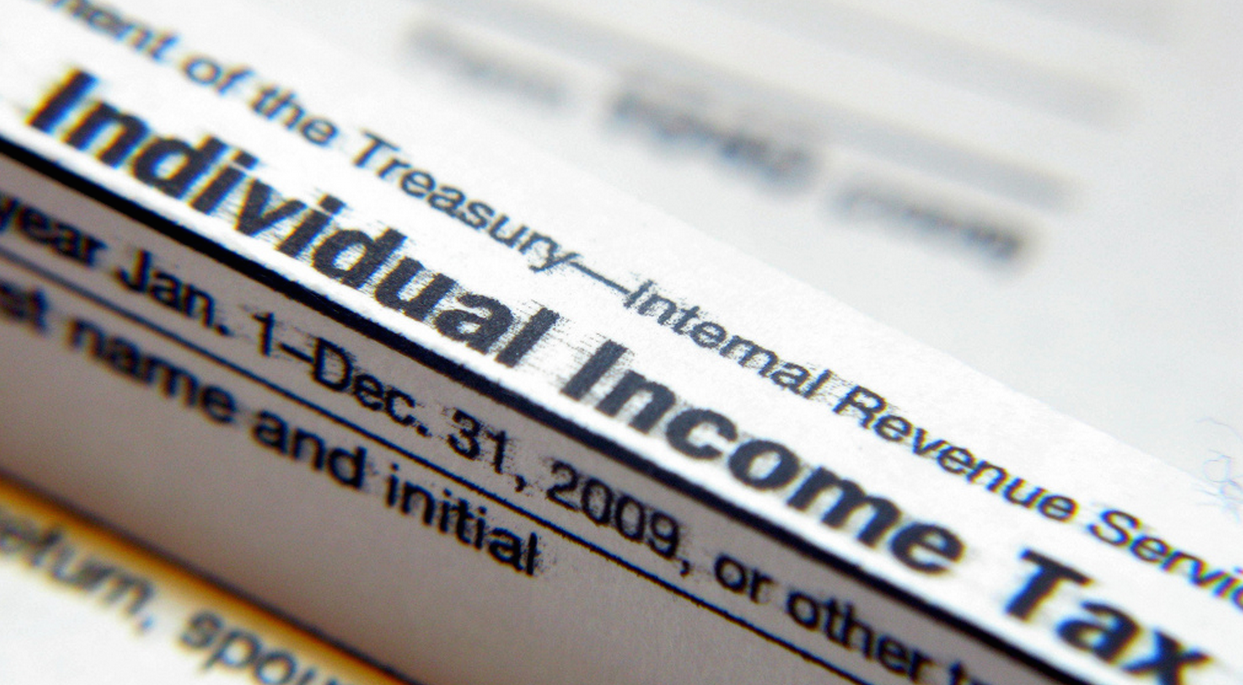Undercover Investigation Finds Serious Problems With Paid Tax Preparers
Using “secret shoppers” from two advocacy groups — the Florida Alliance for Consumer Protection and Reinvestment Partners — NCLC conducted 29 different tests [PDF] of tax preparation services in Florida and North Carolina. All but two of those tests resulted in inaccuracies on the shoppers’ tax returns.
For this report, the undercover shoppers tested two different scenarios — a “single parent” tax return and a “graduate student” tax return — each with its own particular issues.
THE SINGLE PARENT SCENARIO
In this scenario, the secret shoppers identified themselves as single parents with a child under the age of 18. However, the child lived with the other parent for more than 50% of the time, so the shopper should not claim the minor as a dependent on their returns.
However, 8 out of the 15 preparers tested in this scenario told the parent to claim the child and an Earned Income Tax Credit (EITC) of $2,523. And 7 out of those 8 preparers appear to have knowingly provided incorrect information on an EITC-related form, according to the report.
Some preparers provided the single parent with sketchy advice, like suggesting that the two parents alternate years claiming the child on their returns.
Another test in the single parent scenario involved $800 in side income that wasn’t reported on a W-2. Twelve of the 15 preparers did not report the $800 in side income on the tax returns even though they were made aware of it.
While telling a parent to claim a child they shouldn’t and to not declare income may result in a larger tax refund — or owing less to the IRS — paid tax preparers aren’t supposed to advise you on how to break the law. And if you end up getting caught, you’re the one on the hook, not the tax preparer.
THE GRADUATE STUDENT SCENARIO
In this scenario, the secret shopper was a graduate student who had received some income through a paid internship at a local nonprofit.
Unlike the single parent tests, where many preparers improperly hid income, all of the preparers in this case noted the internship money on the tax returns.
However, 10 of the 14 preparers did not properly use a Schedule C to report the income, resulting in the omission of around $1,300 in self-employment tax.
And 3 of the 4 preparers who did use a Schedule C to report the income also included questionable deductions. One preparer included nearly $10,000 in fictitious businesses expenses for the secret shopper.
FORGERY, INEPTITUDE, AND OTHER PROBLEMS
One Florida tester says the preparer she went to forged the signature of another preparer on her return. This preparer was also watching TV while filling out the forms and shouting out questions to his co-workers.
When she went to get her taxes done at a payday loan store, the undercover tester came across more forgery. The preparer entered all her info into the tax-prep program, printed out the data, faxed it to another office where someone actually filled in the 1040. The preparer who ultimately signed the form was not the person who filled it out.
A different secret shopper in North Carolina reports that she believes the receptionist filled out her tax forms. Regardless of the female preparer’s job duties, it was a different person — a man — who ultimately signed the return even though he didn’t prepare it.
Being unfamiliar with the software was a common problem. A Florida tester went to a preparer at a major tax-prep chain and found a preparer who didn’t seem to know how to use the software.
“I had to wait an extra 15-20 minutes because she did not know how to print a paper return and had to get help from a co-worker,” says the tester.
Another Florida tester writes that “The preparer seemed to want to help me with owing less but was unsure how to go about it, selecting and unselecting fields with little to no explanation quickly stating that sometimes when she added this/that it sometimes made costumers owe less.”
“To see this level of errors is extremely disturbing,” says Chi Chi Wu, NCLC staff attorney. “A tax return may be the most important financial document for an American consumer during the year, and consumers who use paid preparers are placing their financial well-being in the preparers’ hands.”
Another problem that testers ran up against was transparency on the fees being charged by tax preparers. One preparer’s fee appeared to be dependent on the amount of the refund, which is contrary to IRS rules.
Speaking of IRS rules, in 2011 the agency created a system that would require all 700,000 non-CPA tax-preparers in the U.S. to register and demonstrate their mastery of the topic through testing and continuing education courses.
However, the tax-prep industry immediately challenged the IRS’s authority to enact these sort of rules and in 2014 a federal appeals court sided against the IRS.
An 1884 law gives the IRS the authority to “regulate the practice of representatives of persons before the Department of the Treasury,” but the appeals court ruled that tax preparers only assist taxpayers and “do not possess legal authority to act on the taxpayer’s behalf. They cannot legally bind the taxpayer by acting on the taxpayer’s behalf.”
Want more consumer news? Visit our parent organization, Consumer Reports, for the latest on scams, recalls, and other consumer issues.


